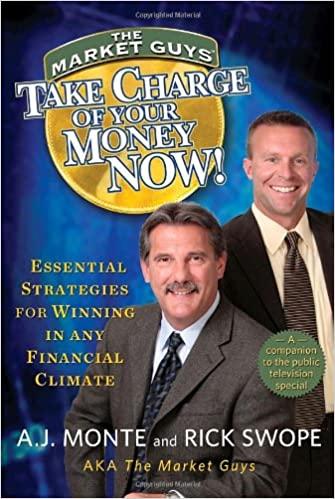Question
The Bank of Korea Reassesses Its Reserve Policy In April 2005, the Bank of Korea, South Koreas central bank, was reviewing its investment policy. It
The Bank of Korea Reassesses Its Reserve Policy
In April 2005, the Bank of Korea, South Koreas central bank, was reviewing its investment policy. It was looking at a range of higher-yielding investment optionsincluding corporate bonds and mortgages backed securitiesto improve returns on its large and growing reserve holdings. At the end of March 2005, South Koreas foreign reserves were the fourth largest in the world, at $205.5 billion. Currency traders were suspicious that the banks decision to invest more money in nontraditional assets was a cover for plans to diversify its reserves out of U.S. dollars and into euros, yen, and other currencies that have held their value better than the sinking dollar. The Bank of Koreas governor, Park Seung, said in response to these concerns that the bank had no plans to sell dollars because that would lead to a further appreciation of the South Korea won. The bank has been trying to slow the wons rise against the dollar to protect Korean exporters. Historically, the Bank of Korea, like other central banks, has focused on safe, short-term investments so that money is available on short notice to intervene in currency markets or cope with sudden shifts in capital flows. It has paid little attention to maximizing returns. However, this policy is changing as foreign exchange reserves pile up, exceeding the amount needed for policy reasons. For example, South Koreas reserves grew 28% in 2004. One of the factors that prompted this review is the growing cost of maintaining such large reserves. This cost stems from the Bank of Koreas policy of sterilizing its currency market interventions. It has been selling government bonds to soak up the newly minted won it has been issuing to prop up the weakening dollar. The problem is that the South Korean government has been paying higher interest rates on these domestic bonds than it has been earning on the U.S. Treasury bonds and other dollar-denominated assets it has been buying with its dollar reserves. Moreover, the Bank of Korea has been suffering valuation losses as the dollar continues to fall against the won. The public and politicians have also been calling for So Koreas large reserves to be put to more productive use.
Question:
1. What is the link between South Koreas currency market interventions and its growing foreign exchange reserves?
> In April, 2005. The South Koreas currency was looking at a range of higher-yielding investment option - including corporate bonds and mortgages backed securities to improve returns on its large and growing reserve holding .
2. What is the annualized cost to the Bank of Korea of maintaining $205.5 billion in reserves? Assume that the government of Korea is issuing bonds that yield about 4% annually while buying dollar assets that yield about 3.25%.
3. Suppose that during the year, the won rose by 8% against the dollar and the Bank of Korea kept 100% of its reserves in dollars. At a current exchange rate of W1,011/$, what would that do to the won cost of maintaining reserves of $205.5 billion?
4. What are some pros and cons of the Bank of Korea diversifying its investment holdings out of dollars and into other currencies, such as euros and yen?
5. How has the almost universal central bank preference for investing reserve assets in the U.S. Treasury bonds affected the cost of financing the U.S. budget deficit?
Step by Step Solution
There are 3 Steps involved in it
Step: 1

Get Instant Access to Expert-Tailored Solutions
See step-by-step solutions with expert insights and AI powered tools for academic success
Step: 2

Step: 3

Ace Your Homework with AI
Get the answers you need in no time with our AI-driven, step-by-step assistance
Get Started


